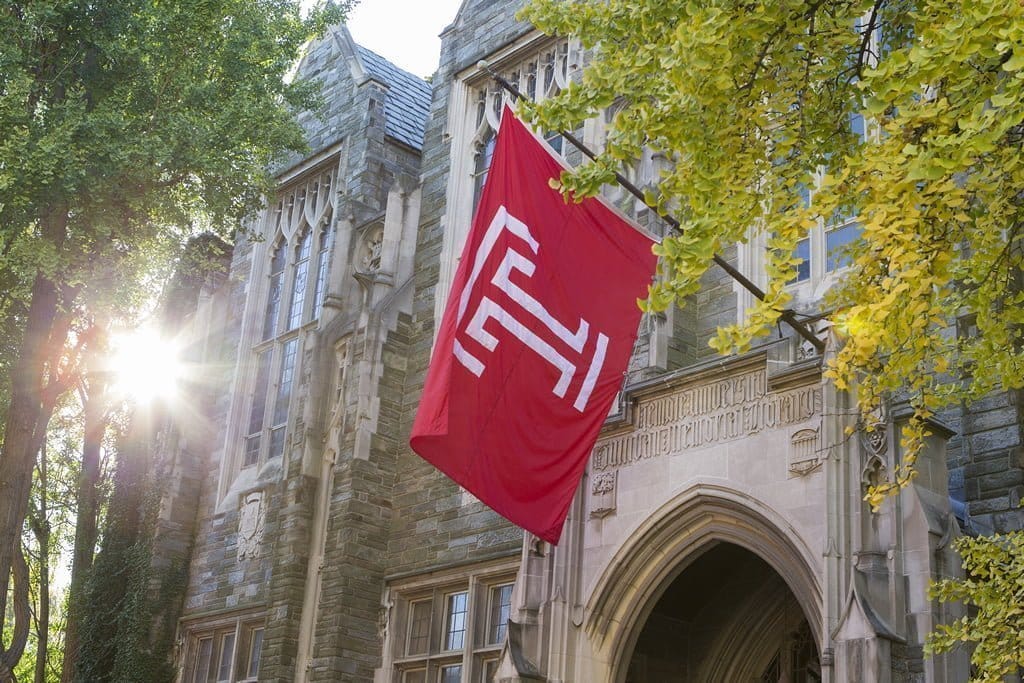Temple University’s commitment to combat racism, antisemitism and LGBTQ+ bigotry and xenophobia started a new chapter last month with the opening of its Center for Anti-Racism.
The inspiration for the proactive approach to address prejudice and bigotry was brought to life by Professor Molefi Kete Asante, along with other members of the Temple community, following the murders of George Floyd and Breonna Taylor in 2020.
An array of senior university administrators, professors and local political leaders attended the Nov. 14 event at Mazur Hall, including Temple President Jason Wingard; former Temple President Richard Englert; Provost Greg Mandel; Vice President of Diversity, Equity and Inclusion Valerie Harrison; Associate Professor of Theater, Film and Media Arts Kimmika Williams-Witherspoon, Pennsylvania State Representative Malcolm Kenyatta (D-181); Pennsylvania State Senator Sharif Street (D- Philadelphia); and center Director Timothy N. Welbeck.
Welbeck, a civil rights attorney and professor in the Department of Africology and African American Studies, cited the case of Breonna Taylor, who was killed by police in a botched home raid.
“Breonna Taylor was a superhero. She was a first responder risking her life to keep people alive during the historic pandemic,” said Welbeck. “I say her name this morning because her death along with the deaths of countless others spawned a movement that led to this day.”
This college-wide collaborative effort will create scholarship that tackles racism head on by learning from the past to better understand the present so that both students and the general public have the knowledge to create a better future.
“We will inform, educate and empower the public to join us in this fight,” added Welbeck
State Rep. Kenyatta and State Senator Street helped secure $1.3 million of state funding for construction of the facility .
“We are in a moment right now where there are other universities who made similar commitments to engage in work against racism who are going in the other direction, who are going back on the promises and commitments that they made,” Kenyatta noted. “Instead, what you see here is a university charging forward, taking on questions of the past, the present and future and crafting real solutions to these ongoing challenges.”
Temple President Wingard detailed the center’s alignment with priorities outlined in the university’s strategic plan.
“Some of those priorities include providing value for all students, leading to exceptional success and accelerating commitment to impactful civic engagement and future-oriented thought leadership,” he said. “Each of these strategic priorities are going to be advanced by a wide variety of initiatives that will be led by the Center for Anti-Racism’s work.”
Wingard added the importance of fortifying the public’s understanding of racism and the need to implement initiatives specific to lessen the consequences of prejudice in the community.
“The center opening was an inspirational gathering of university administrators, faculty, students, neighbors and legislators—all with a unified purpose—to unapologetically stand against bigotry and hatred,” Temple’s DEI Vice President Harrison added.






